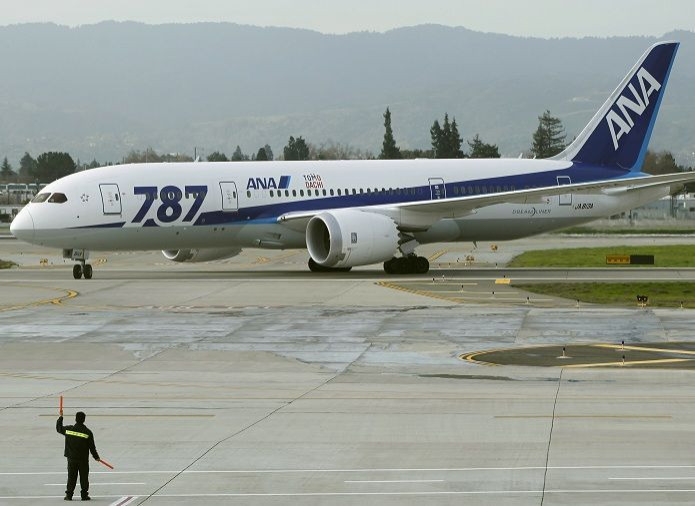Market For Lithium-Ion Batteries Seen Doubling Through 2016 To Over $22 Billion

Despite the recent flaming-battery problem that grounded all of Boeing Co.'s (NYSE:BA) 787 Dreamliners, lithium-ion batteries will soon be more ubiquitous than they already are, not just in consumer gadgets -- which still command the largest share of the battery's market -- but also in industrial applications and motorized vehicles.
The global lithium-ion battery, or LiB, market was worth $11.7 billion in 2012 and is expected to nearly double by 2016 to $22.5 billion, according to the Mountain View, Calif.-based market research firm Frost & Sullivan.
“Although consumer applications account for the highest revenues, the fastest growth can be witnessed in the industrial segment,” said Frost & Sullivan Research Manager Malavika Tohani.
By the end of 2016, the firm predicts that China will command 40 percent of the market for automotive LiBs, while North America will hold 31 percent of the market for the batteries in industrial applications.
As much as 90 percent of LiB manufacturing takes place in China, Japan and South Korea. The Asia-Pacific region is expected to have the highest demand for industrial LiBs. China alone has about 200 manufacturers; about a fourth of them are devoted to electric vehicle batteries. In 2011, China made at least 4.5 billion LiBs, mostly for consumer electronics.
North America holds the highest share of revenues from industrial LiBs, the kind of batteries used on commercial airliners to power auxiliary systems. They became the center of concern in January when two of Boeing's 787s encountered electrical system problems linked to on-board lithium-ion cells that caused non-fatal fires on planes owned by two Japanese carriers.
On Wednesday, industry officials said Chicago-based Boeing identified one way to prevent future battery fires: by adding more insulation between the batteries' internal cells, according to the New York Times. Boeing’s head of commercial aviation, Raymond Connor, is scheduled to meet Friday with Michael Huerta, head of the U.S. Federal Aviation Administration, to discuss remedies for the battery problem. The company hopes to have its Dreamliners back in the skies within two months. Last week, Airbus announced that it was scrapping plans to use these types of batteries on its A350 jets, which will compete against the 787.
© Copyright IBTimes 2024. All rights reserved.






















